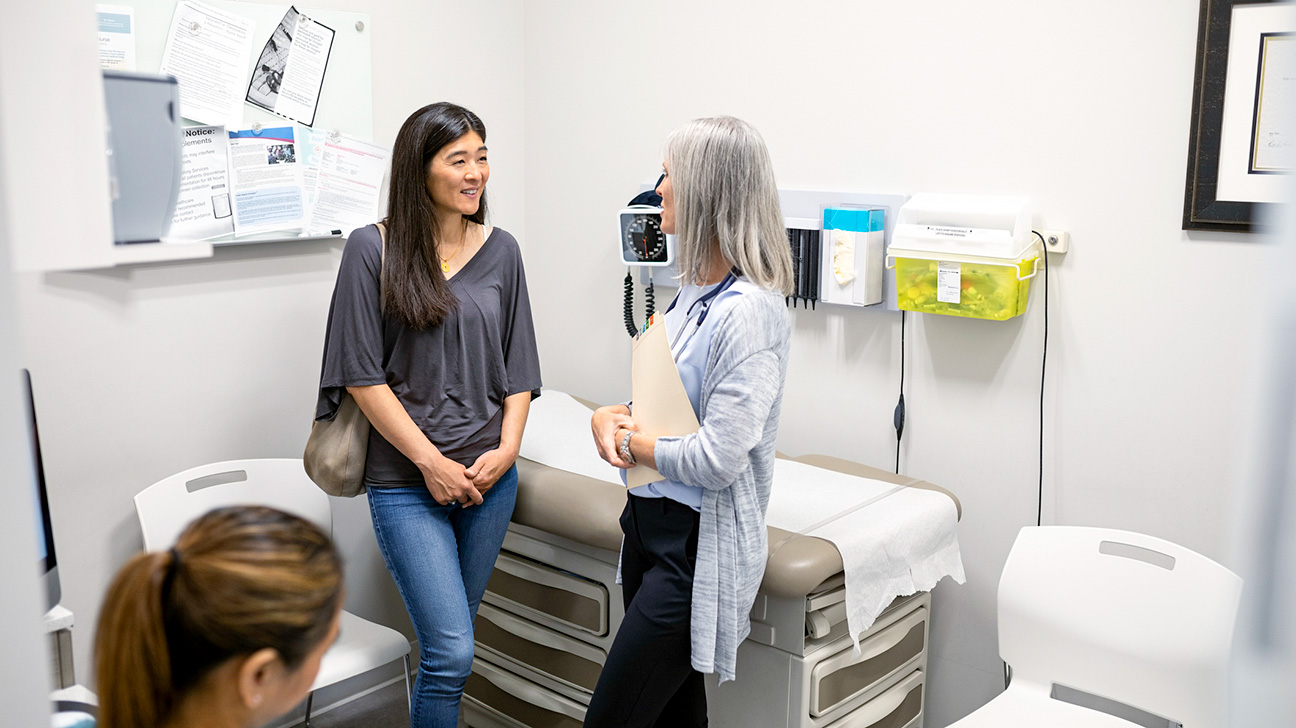
Regular checkup and colon cancer screening is the best way to prevent colorectal cancer. Finding and removing colon polyps can help prevent colon cancer.
Beginning in 1980, the American Cancer Society (ACS) first issued formal guidelines for CRC screening in average-risk adults. Since then, the ACS has periodically updated its CRC guidelines including adding recommendations for high-risk individuals in 1997.
The removal of precancerous lesions (polyps) during colonoscopy, has been shown to significantly reduce the chance of developing colorectal cancer.
Colon Cancer Screening for People at High Risk
People with the following risks should begin colon screening before age 50.
- History of inflammatory bowel disease (Crohn’s disease or ulcerative colitis)
- Close relatives who have had colorectal disease or polyps before age 60
- Family history of familial adenomatous polyposis or hereditary non-polyposis colon cancer
Specific recommendations for high-risk people are as follows:
- People with history of multiple or large polyps
- Colonoscopy at the time of initial polyp diagnosis
- If 1-2 small adenonatous polyps with low grade abnormality, repeat in 5 years.
- If 3-10 adenomatous polyps or 1 adenomoatous polyp greater than 1 centimeter, repeat colonoscopy within three years after polyp removal
- With certain types of polyps or with high grade abnormality, repeat colonoscopy within three years
- If normal, repeat again in five years
- If more than 10 adenomatous polyps, repeat in less than 3 years
- If polyps are permanently attached and not on a stem and are removed in portions, repeat colonoscopy in 2-6 months to verify complete polyp removal
People who have had surgery for colorectal cancer
- Colonoscopy within one year after surgery; if normal, repeat in three years; if still normal, repeat in five years.
- People with a family history
- Colonoscopy at age 40 or 10 years before the age that the immediate family member was diagnosed with cancer, whichever is earlier; if normal, repeat every five years.
People with a family history of familial adenomatous polyposis
- At age 10 to 12, annual flexible sigmoidoscopy.
- If positive genetic test, colon removal should be considered because of very high risk of colorectal cancer.
- People with a family history of hereditary nonpolyposis colon cancer
- Colonoscopy every one to two years, starting at age 20 to 25 or 10 years before age that immediate family member had cancer, whichever is earlier
- Genetic testing offered to first-degree family members
People with inflammatory bowel disease
- Colonoscopy every one to two years, starting eight years after the start of pancolitis (involvement or the entire colon) or 12-15 years after the start of left-sided colitis
Ref::
Disclaimer
The Content is not intended to be a substitute for professional medical advice, diagnosis, or treatment. Always seek the advice of your physician or other qualified health provider with any questions you may have regarding a medical condition.